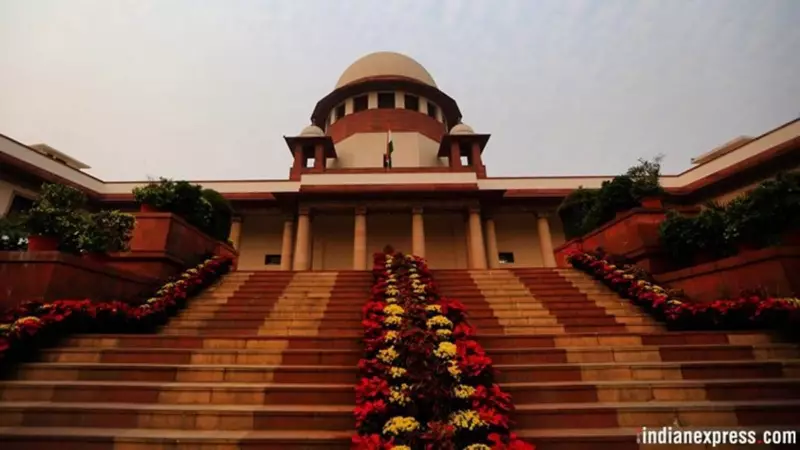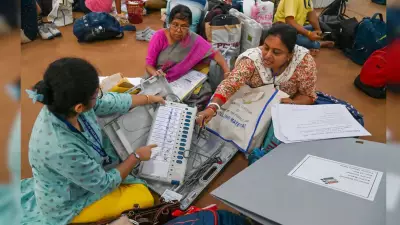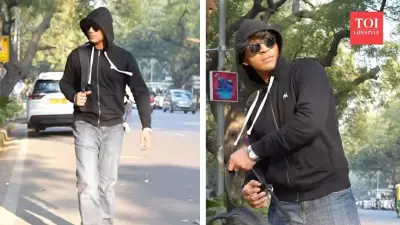
In a significant ruling reinforcing India's anti-terror framework, the Supreme Court has rejected the bail plea of a man accused under the stringent Unlawful Activities (Prevention) Act for allegedly spreading ISIS ideology and conspiring to attack the Jabalpur Ordnance Factory.
Court's Strong Stance Against Terror Preparation
A bench comprising Justices Vikram Nath and Sandeep Mehta delivered the verdict on Tuesday, November 12, 2025, asserting that even preparation to commit a terrorist act constitutes an offence under the UAPA legislation. The court emphasized that the accused, Syed Mamoor Ali alias Mamoor Bhai, faces serious charges that cannot be taken lightly.
Justice Mehta notably remarked during the hearing that it was the 'best morning to send a message' when the case was taken up shortly after Monday's bomb blast in the Red Fort area that claimed 13 lives. This statement underscored the court's determination to maintain zero tolerance toward terrorist activities.
Details of the Alleged Conspiracy
According to the National Investigation Agency's probe, Ali and his co-accused came under the influence of radical Islamic preachers including Zakir Naik during the COVID-19 lockdown. The investigation reveals they wanted to implement Sharia law worldwide through violent means and specifically targeted India.
The prosecution alleged that the accused prepared pamphlets resembling ISIS and al Qaeda flags and affixed them on a nearby mosque to attract like-minded individuals. They created a WhatsApp group named 'Fisabilliah' to share ideological content and systematically planned their operations.
Most alarmingly, the group allegedly conspired to attack the Ordnance Factory in Jabalpur to procure weapons in large quantities. Their plan included potentially blasting the factory if they couldn't capture it, with Ali specifically suggesting deploying three Mujahids behind each security personnel to overwhelm defenses.
Legal Proceedings and Future Directions
The bench acknowledged that Ali has been incarcerated for over two years and noted that 19 out of 64 proposed witnesses have been examined, though 94 are mentioned in the chargesheet. While rejecting the bail application, the court directed the trial court to conclude the trial within two years.
The order specifically states that if the trial isn't completed within this timeframe through no fault of the accused, he can approach the court again for bail. Both prosecution and defense have been instructed to extend full cooperation to ensure timely conclusion of the proceedings.
This ruling reinforces the legal principle that anti-terror laws like UAPA are designed to prevent terrorist acts at their earliest stages, recognizing that waiting for actual execution could lead to catastrophic consequences for national security.





